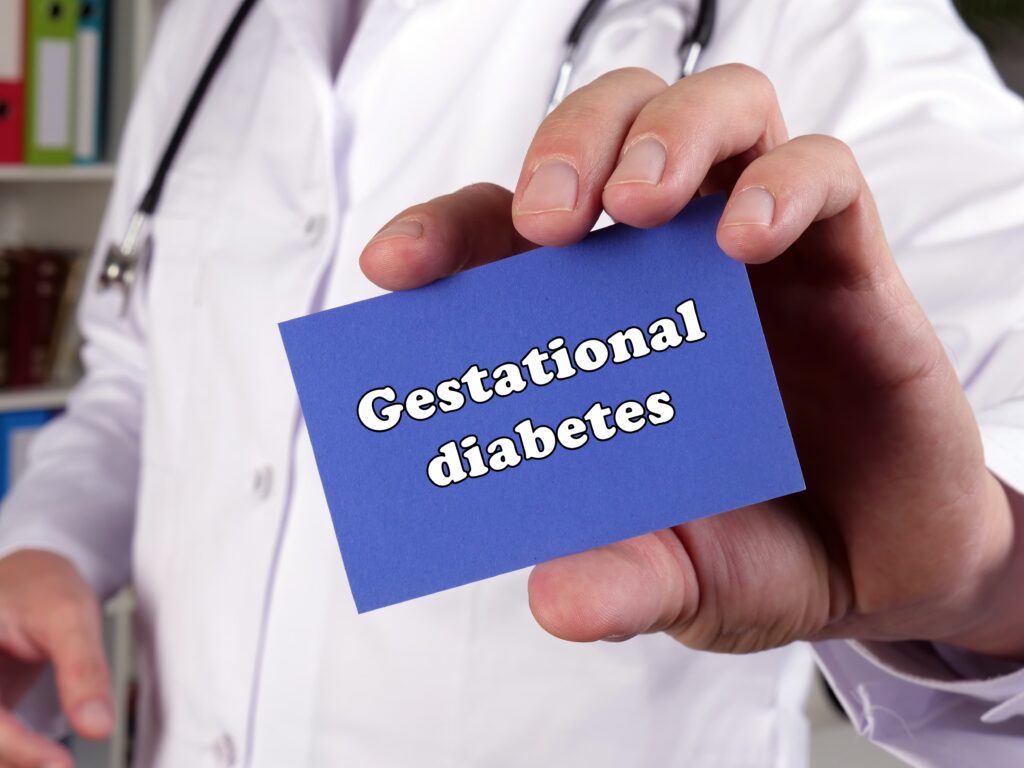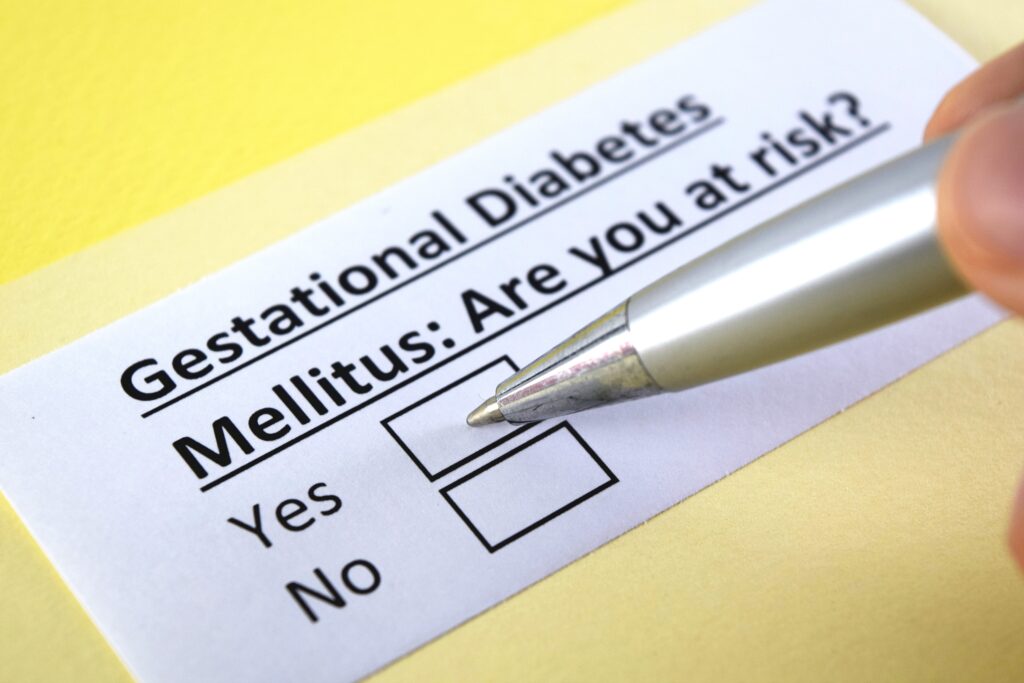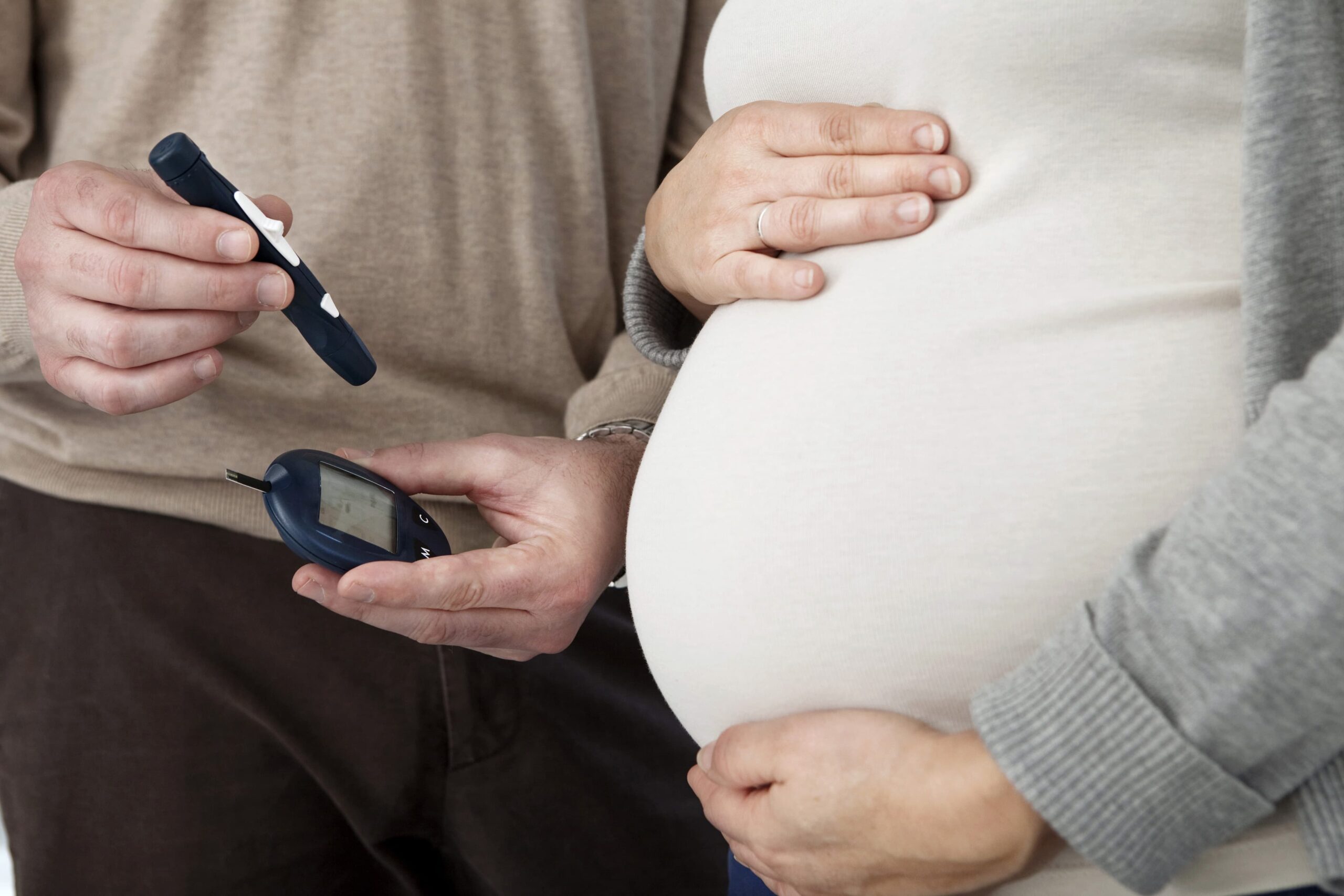Q: How Does Gestational Diabetes Affect My Baby?
Every mother’s number one concern is the health of their child. This is especially true when you are diagnosed with gestational diabetes. It’s important to know how gestational diabetes can affect your baby, so you can take steps to protect your little one before they are even born.
But first, the most important thing to remember is that gestational diabetes is manageable. There are things you can do to prevent harm to either yourself or your baby.
As long as you follow your treatment plan, the risk to your baby is low.
Gestational Diabetes And Blood Glucose
Women with gestational diabetes are at risk for hyperglycemia. Hyperglycemia occurs when levels of glucose in the blood are high.
In a normal, non-pregnant individual, the pancreas secretes insulin to keep blood glucose at safe levels. However, in pregnancy, the body becomes insulin resistant to make glucose available for the growing baby.
Pregnant women require more insulin, and usually, the pancreas can keep up.
However, for some women, the pancreas cannot secrete enough insulin to meet the increased needs of pregnancy. Gestational diabetes occurs when too much glucose remains circulating in the bloodstream due to a lack of insulin.
Hyperglycemia in a pregnant woman results in extra glucose being delivered to their unborn baby.

High Blood Glucose And Your Baby
If left untreated, hyperglycemia can cause problems for your child.
In general, gestational diabetes develops later in pregnancy when your baby is fully formed but growing bigger in preparation for delivery. Thankfully, this means your baby is not at risk for congenital disabilities from gestational diabetes.
However, other impacts can occur when your baby is getting too much glucose.
Large Birth Weight
Glucose is the body’s main form of energy. Excess glucose is stored as fat which is essentially extra energy that can be used later.
When a baby is exposed to high glucose levels during gestation, they will store the excess as fat. A baby born to a woman with uncontrolled or poorly treated gestational diabetes will likely be larger than average.
Large birth weight means a higher risk at delivery. A baby over 9 pounds is more likely to be stuck in the birth canal or require a c-section delivery. If the baby becomes too large, your doctor may recommend an early delivery by c-section.
Low Blood Sugar
A baby exposed to high glucose levels during pregnancy will likely have higher levels of insulin at birth. The baby’s pancreas will be used to secreting lots of insulin to manage the effects of hyperglycemia.
Once baby is born, they will no longer require all that extra insulin. However, it will take time for their pancreas to get the message. After delivery and for the first few days of life, the baby is at a higher risk of low blood sugar levels due to increased insulin production.
Other Potential Health Risks
- Jaundice
- Increased risk of diabetes and obesity in the future
- Preterm birth
- Breathing issues after birth
- Birth injuries
- Stillbirth

Protecting Your Baby From Gestational Diabetes
While these potential outcomes sound scary, rest assured that there is a lot you can do to prevent them.
Controlling your blood glucose levels is one of the best ways to keep your baby healthy and safe. And it will keep you healthy and safe too!
Eating well, exercising, and following your diabetes care plan will prevent your gestational diabetes from putting your baby at risk. A healthy mom means a healthy baby.
Connect with your care team now to get an individualized plan that will control your diabetes and protect your growing little one.



